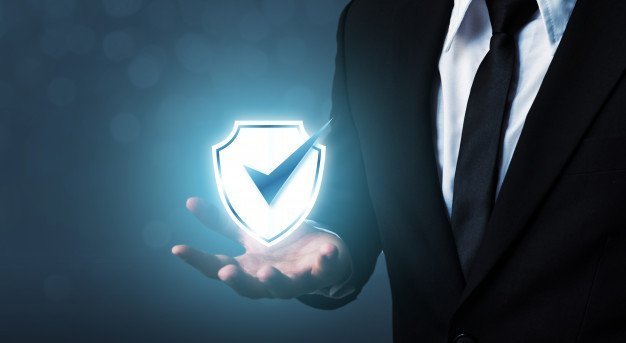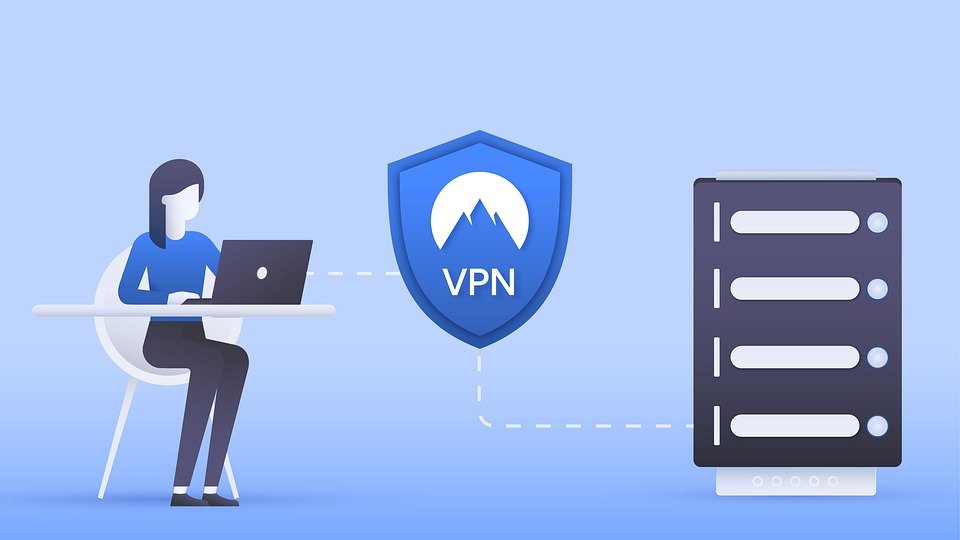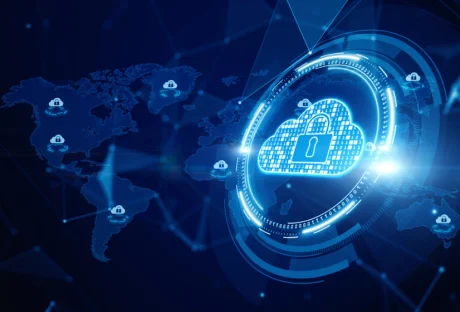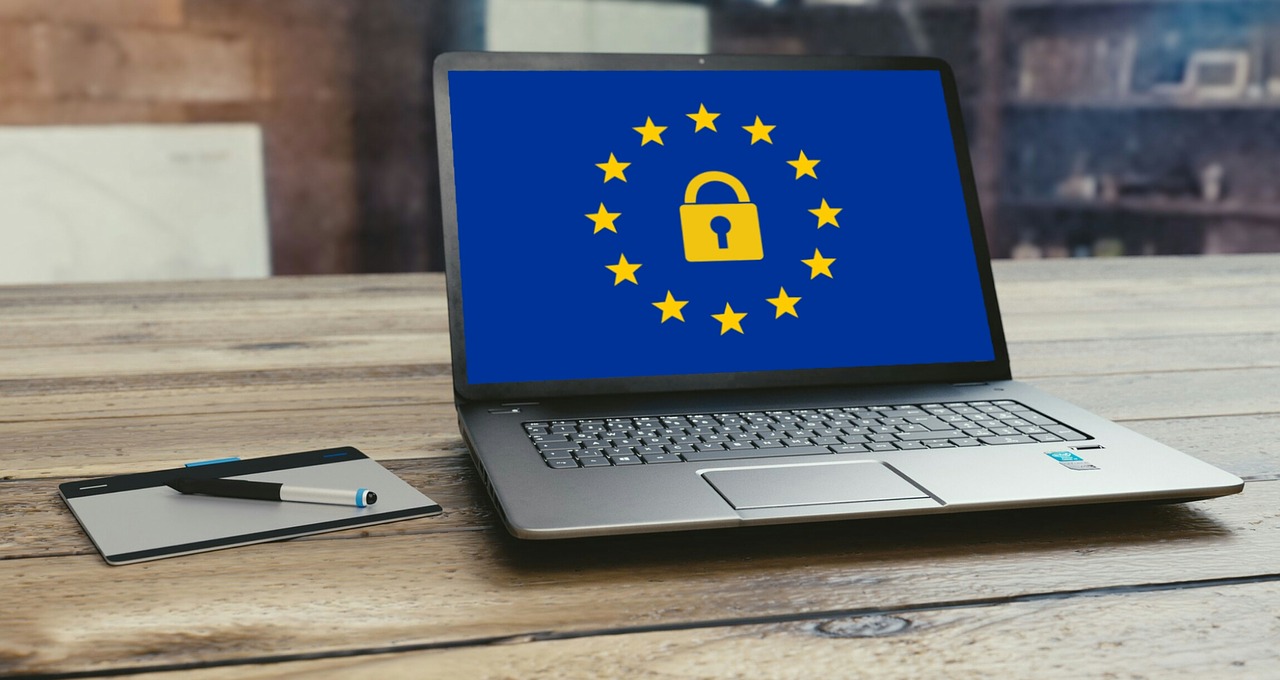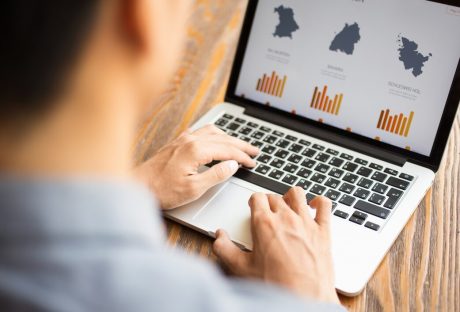The 21st century has been a time of great improvement within our society, and as it has progressed, it has become evident that these changes are only going to continue even further. Our society has undergone a major transformation in the past 20 years, as the Internet and other technologies have become completely ubiquitous all over the world. One of the most important technologies that hedge funds invest in to protect against hackers is virtual deal rooms.
People have adopted technology into their personal lives and it has also pervaded into the professional sphere as well. The Internet has totally revolutionized the economy and as it continues to do so, its effects will become even greater. While there is a multitude of industries where the impact of the Internet can be witnessed, hedge funds are one of the most affected fields.
What Does Technology Do for Hedge Funds?
There has been a major transformation throughout the entire investment industry and hedge funds have been greatly influenced by the prevalence of the Internet. All hedge funds do at least some of their business online in the modern era, so it is imperative that these companies are prepared for the needs of a modern investment sphere.
Hedge funds are frequently handling extremely large sums of money in their computer systems, so it is critical for them to ensure that their cybersecurity is up-to-date. Having advanced cybersecurity is essential for hedge funds, especially when working on large deals, and utilizing the top tools available is crucial for their success. One of the most important technologies that hedge funds invest in to protect against hackers is virtual deal rooms.
What are Virtual Deal Rooms?
There are numerous cybersecurity tools that hedge funds utilize, and virtual deal rooms are one of the most prominent. A virtual deal room is a secured online database where information surrounding a deal can be effectively protected.
Virtual deal rooms are used by hedge funds for their security features, but they also have numerous other helpful facets as well. Some of these include IPOs and due diligence and learning about how they aid these types of companies is essential before deciding to invest in one for your business.
How Do Hedge Funds Benefit from a Virtual Deal Room?
There are numerous security features that all top hedge funds utilize, and virtual deal rooms are one of the most secure. Protecting financial and other sensitive information is imperative for hedge funds, so learning about the features of a virtual deal room is essential.
Some of the top features include customizable NDAs, view only-access for documents, dynamic watermarking on documents, and assign granular permissions. Other features are permission-based user roles, streamlined organizational processes like data room archiving, drag and drop uploading, and much more.
Understanding how virtual deal rooms benefit top hedge funds is an essential step before deciding to invest in it for your business.
Final Thoughts
The investment industry is undergoing major changes as the Internet becomes more prevalent in the industry throughout the 21st century. Web-based tools like virtual deal rooms are extremely important to hedge funds and understanding their benefits is critical for the success of your company.
Read Also:













